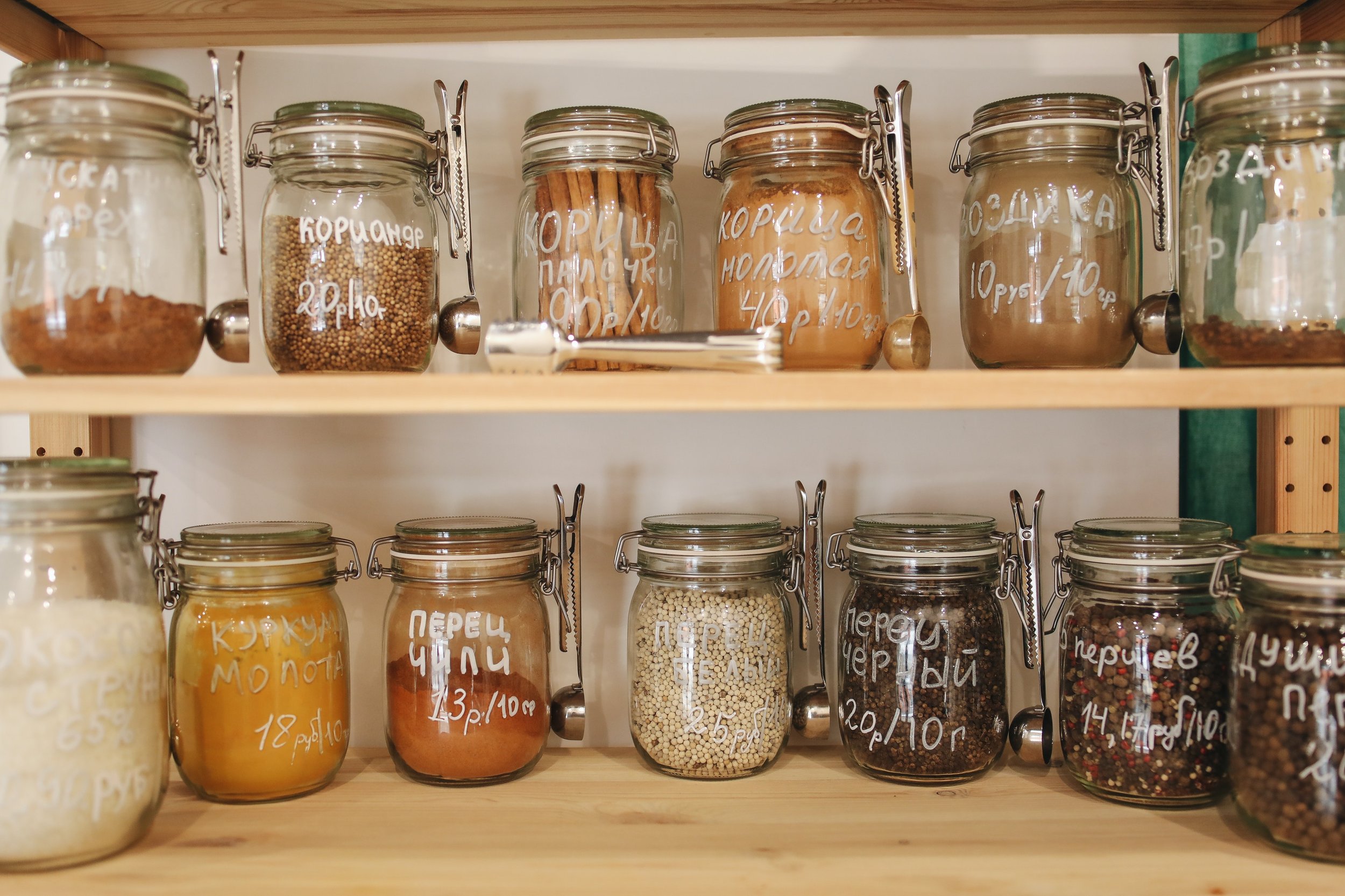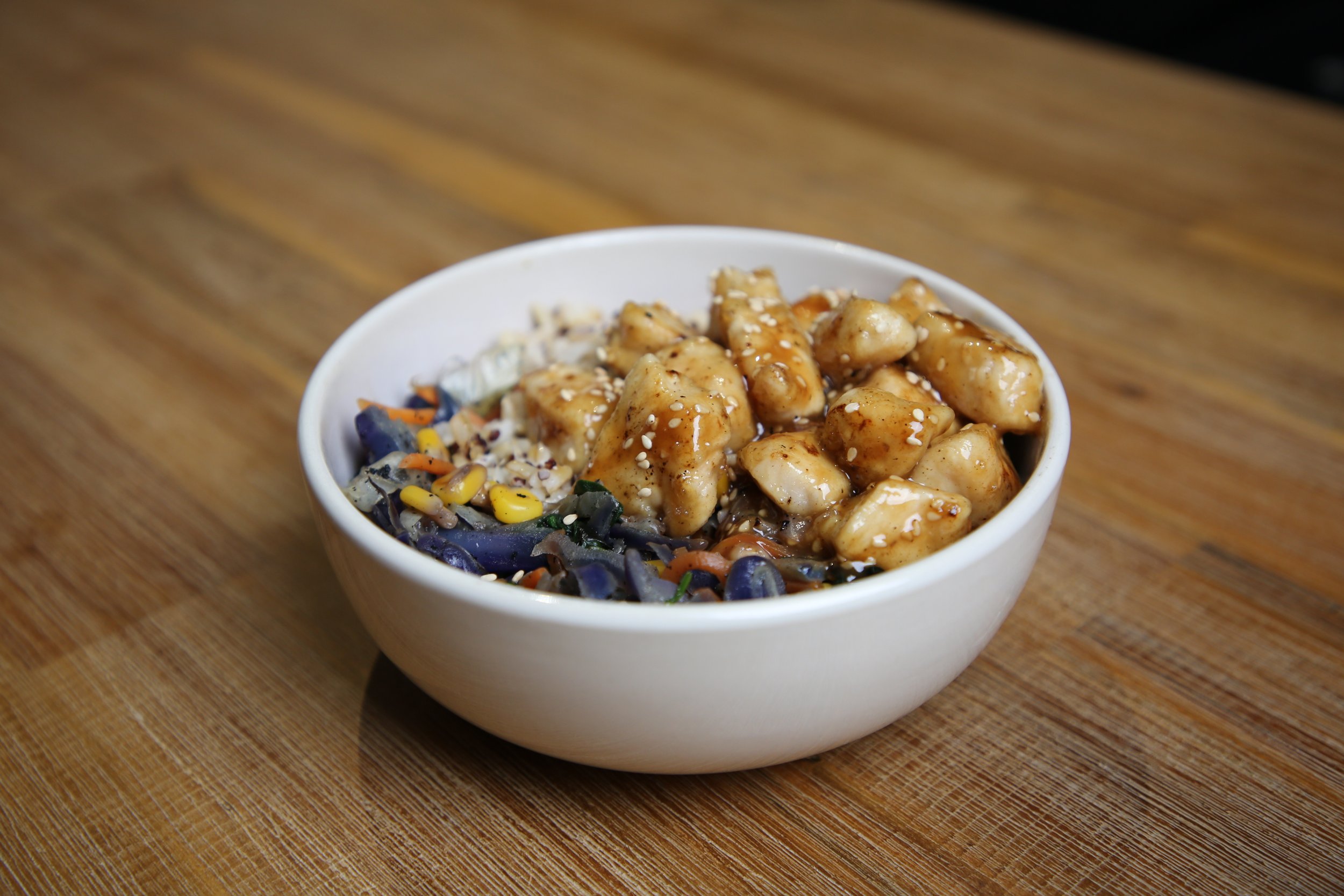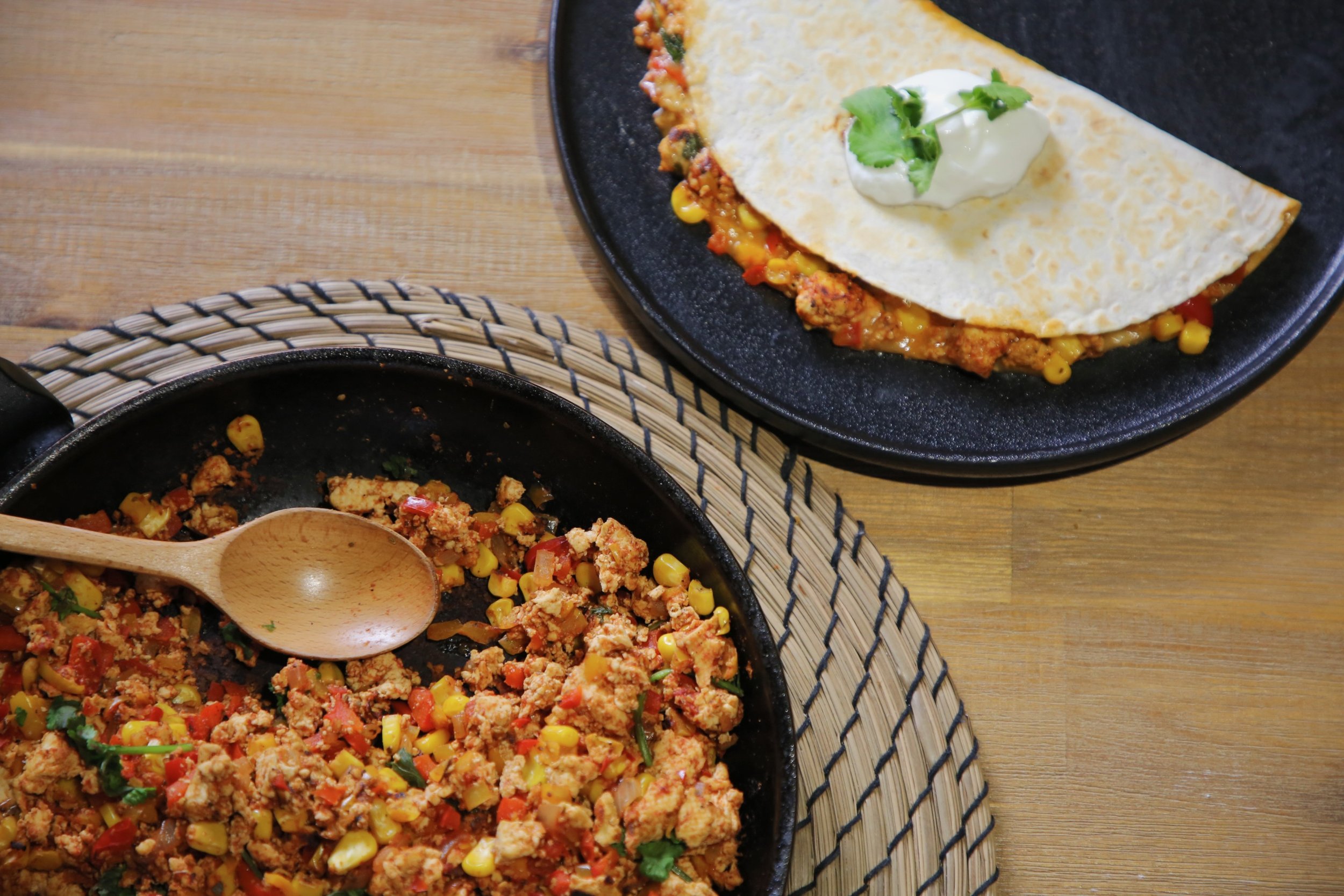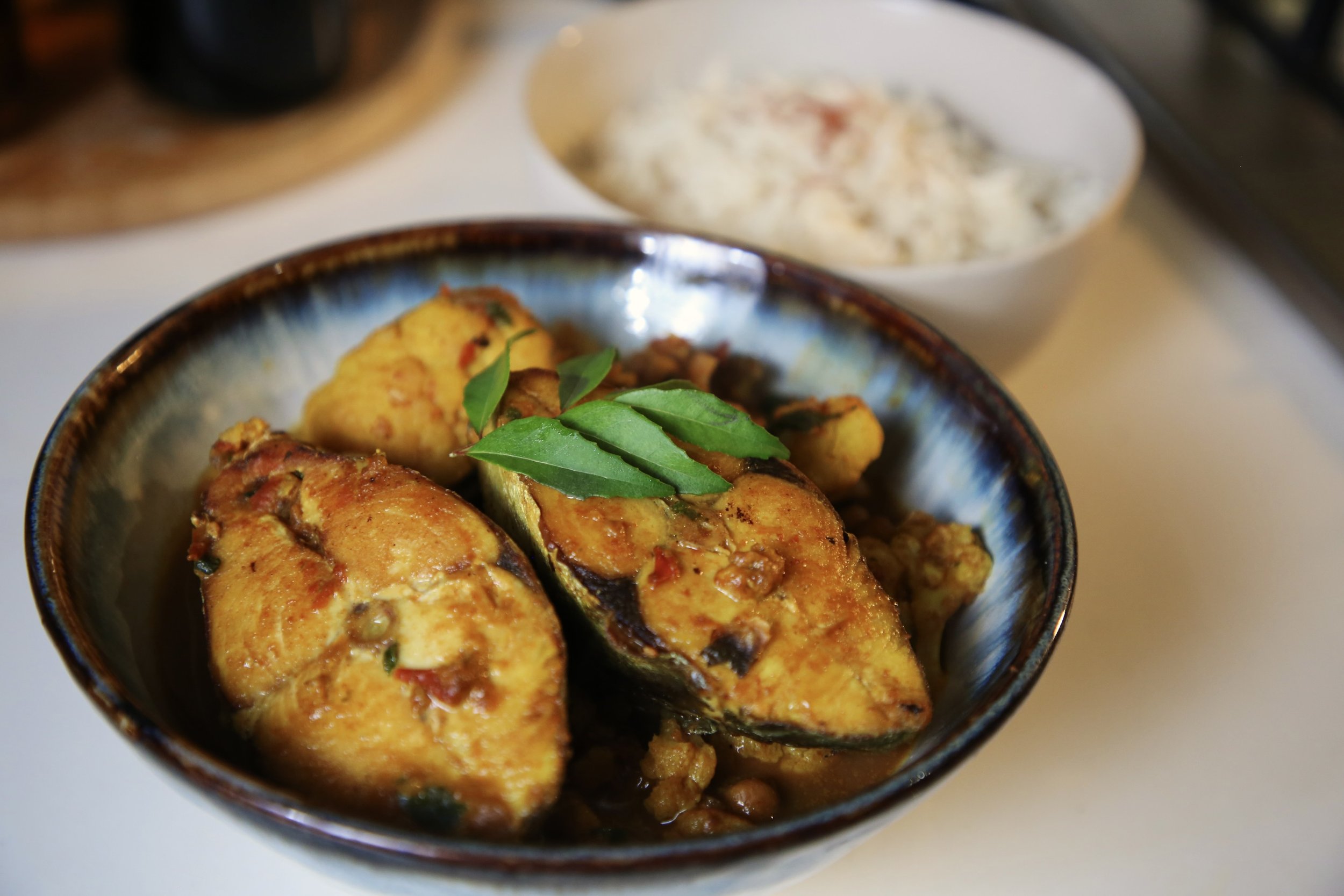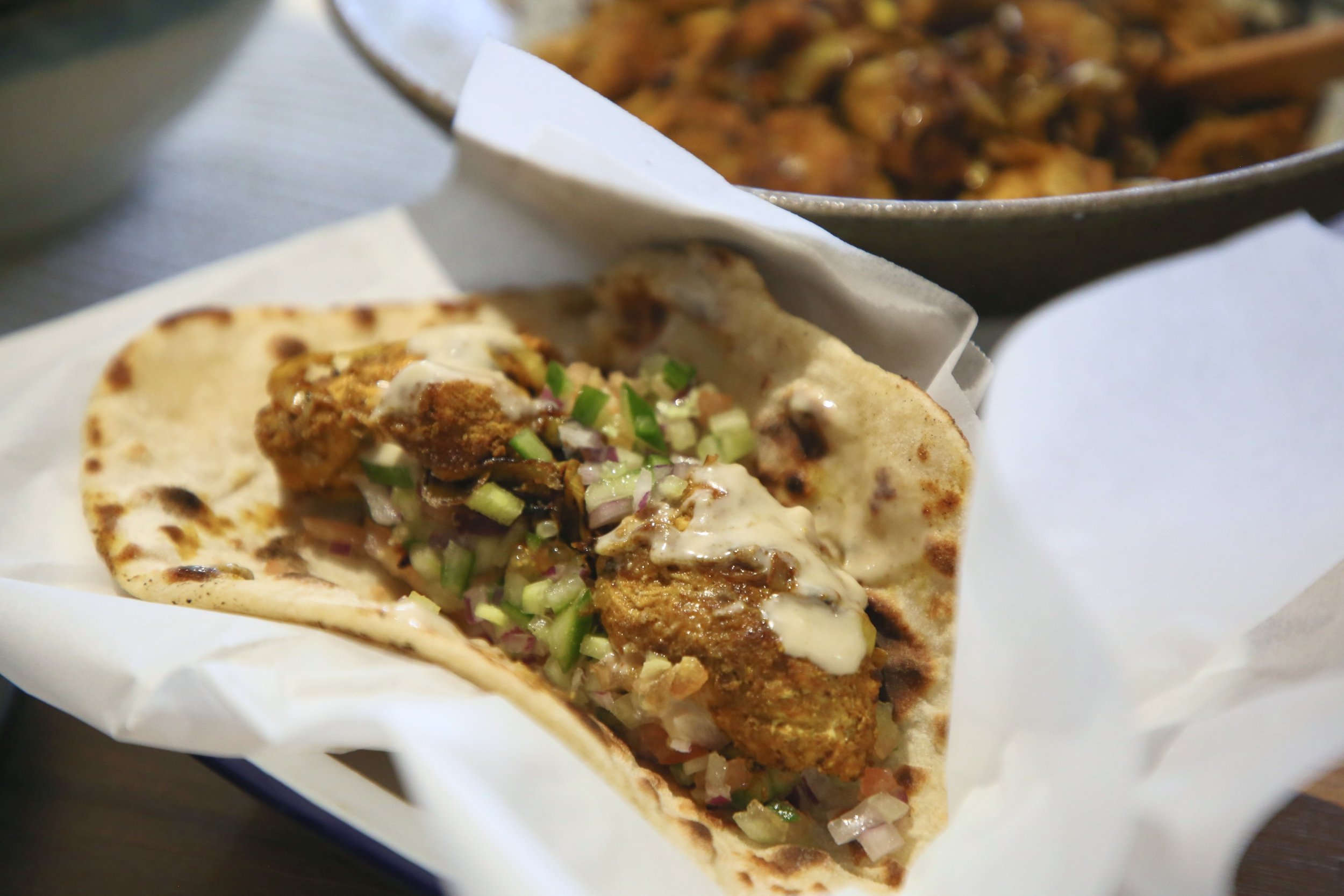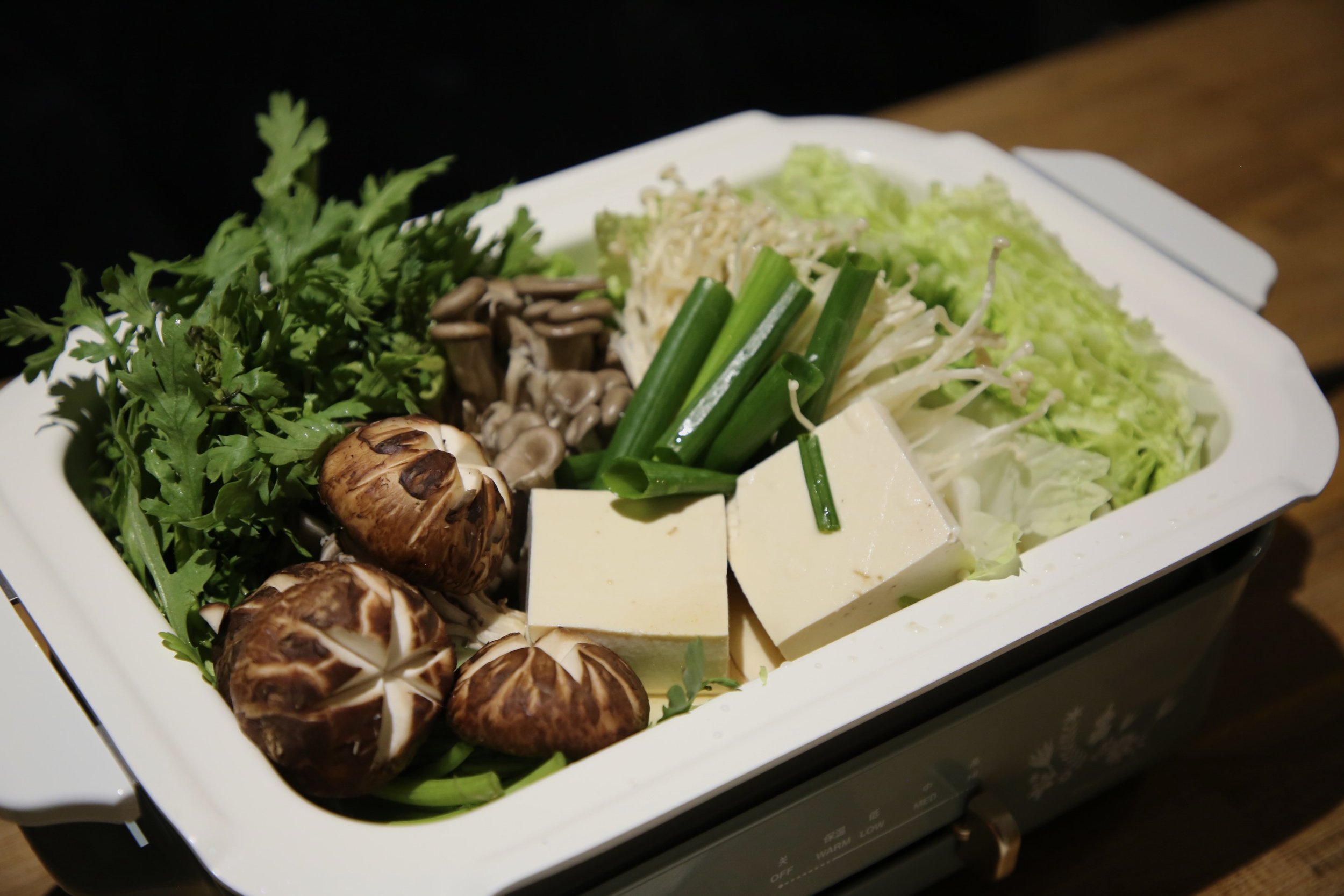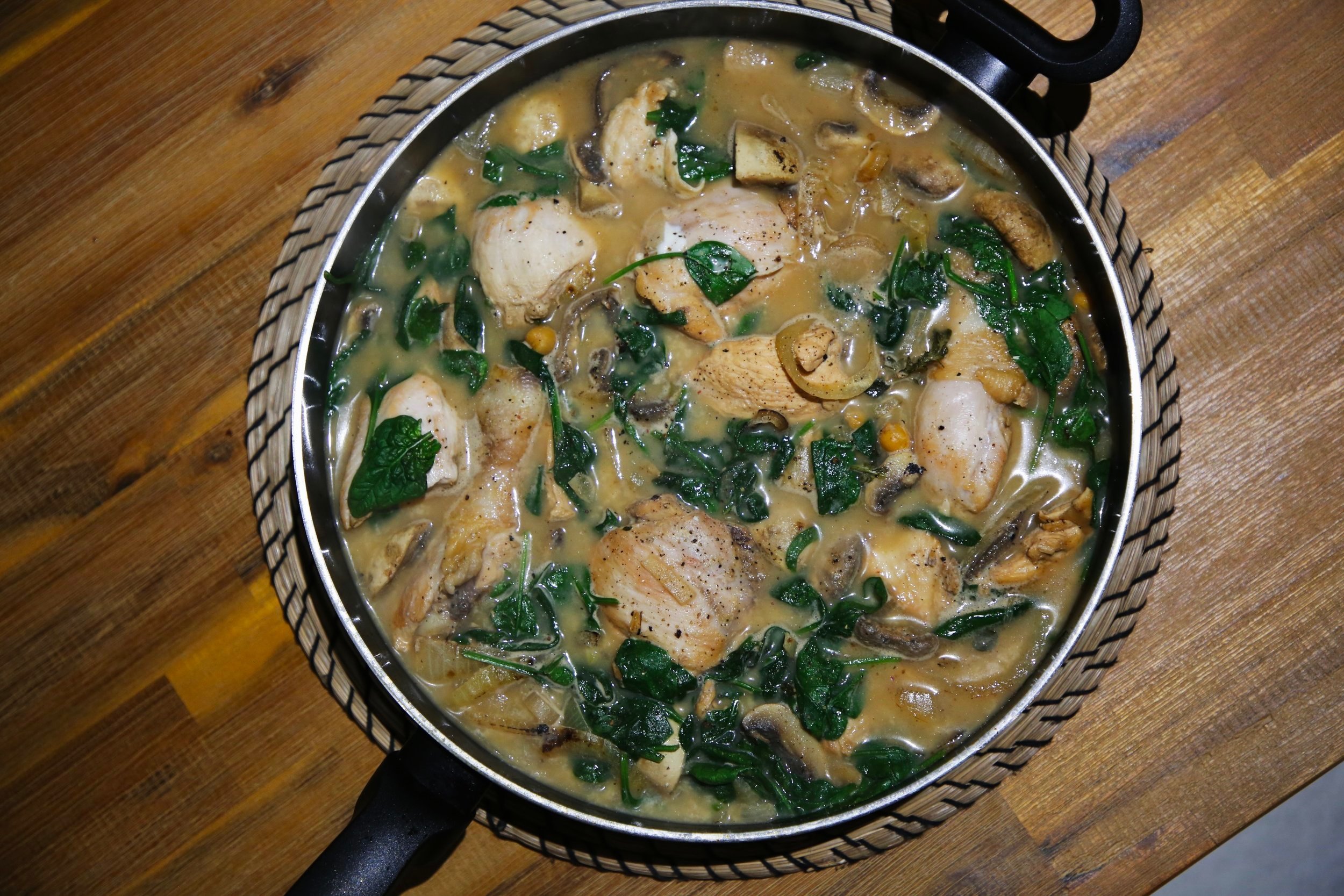Savouring the Holidays: 4 Steps to Avoid Overeating
It's that time of the year again, surrounded by festive food, parties, family, and friends. It's not hard to find ourselves overeating at the gatherings filled with our beloved foods.
Trust me, we've all been there. Today, we are revealing the secrets of avoiding overeating and enjoying the time and food we love.
Don’t diet
It’s common to start dieting or intentionally eat less when imagining the enormous amount of “guilty” food in the upcoming holiday. The number one reasons for over eating, in general, is not having enough to eat in the first place. By dieting now, we are creating a perfect opportunity to overeat that is recognised by our bodies.
Another style of thinking is, "I am going to eat so much during the holiday, why don’t I eat whatever I want now and just diet through January."
Dieting and overeating are two extremes of a pendulum. Having a contingency plan of a new year diet acts like the temptation to poke the ball that sits perfectly fine in the middle of the pendulum. Soon after, you will find yourself swinging higher and higher to each extreme as the dieting cycle unfolds.
2. Place no boundary on food
When thinking about overeating, we often picture indulging in "guilty" foods. Labeling foods as "guilty/bad/dirty" versus "healthy/good/clean" can plant a seed of food restriction in our mindset.
Considering some foods as "bad" is akin to telling Adam and Eve that the apples on the tree are forbidden—essentially, temptation. Once you break that "forbidden" rule, the mental reward is so immense that you find yourself wanting more (1). On the other hand, by granting yourself unlimited permission to eat, you don't view holiday food as precious and time-limited. Your brain convinces you: "You can have any of these any day if you like; there's no need to eat until your stomach sticks out." So you are essentially preventing overeating in any occasion(2).
This daring practice challenges the current dieting culture; we often encounter doubts like, "I'll go wild with unlimited permission to eat." Practising no boundaries with food is a learning curve, and it should be accompanied by our next tip.
3. Follow your guts
Your gut is your second brain; it can tell you when you need to eat and when to stop. Honoring your hunger and fullness cues is one of the key practices in intuitive eating. All you need is a moment of clarity and a hunger and fullness scale. (click the image to download):
A simple way to do this is to check with yourself: “How do I feel now?” or “Where does my hunger sit on the scale?”. Ask yourself whenever you feel hungry (physically/psychologically) and over the course of your eating. Then, you will have the answer of when to eat and when to stop yourself.
4. Go by your usual routine
We are all creatures of habit; having a routine saves us so much willpower in making decisions. Your routine is like your comfort zone, and you can comfortably fall back on your usual eating and movement routine during and after the holiday season. This slowly perpetuates a mindset that holiday seasons are just a part of your normal routine, and your normal routine is just as enjoyable as the holiday season.
As you navigate the holiday season, remember that listening to your body’s natural response is the key to enjoying festivities without guilt. By embracing intuitive eating and sticking to your routine, savor the season's delights with a mindful and health-conscious approach.
If you want to improve your relationship with food and body,
ditch dieting mindset and improve your health.
Reference
Polivy J. Psychological consequences of food restriction. J Am Diet Assoc.1996;96(6):589-592
Hazzard Vm, Telke SE, Simone M, Anderson LM, Larson NI, Neumark-Sztainer D. Intuitive eating longitudinally predicts better psychological health and lower use of disordered eating behaviors: finding from EAT 2010-2018. Eat. Weight. Disord. 2021;26:287-294
More blogs like this

Malcolm is an Accredited Practising Dietitian, Provisional Sports Dietitian, trained eating disorder dietitian and founder of Timeless Dietetics. He is passionate about promoting a flexible style eating that balances health, goals and life enjoyment.








